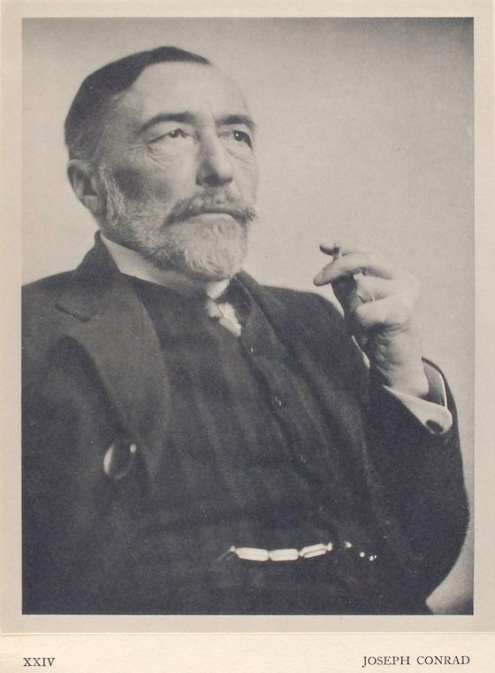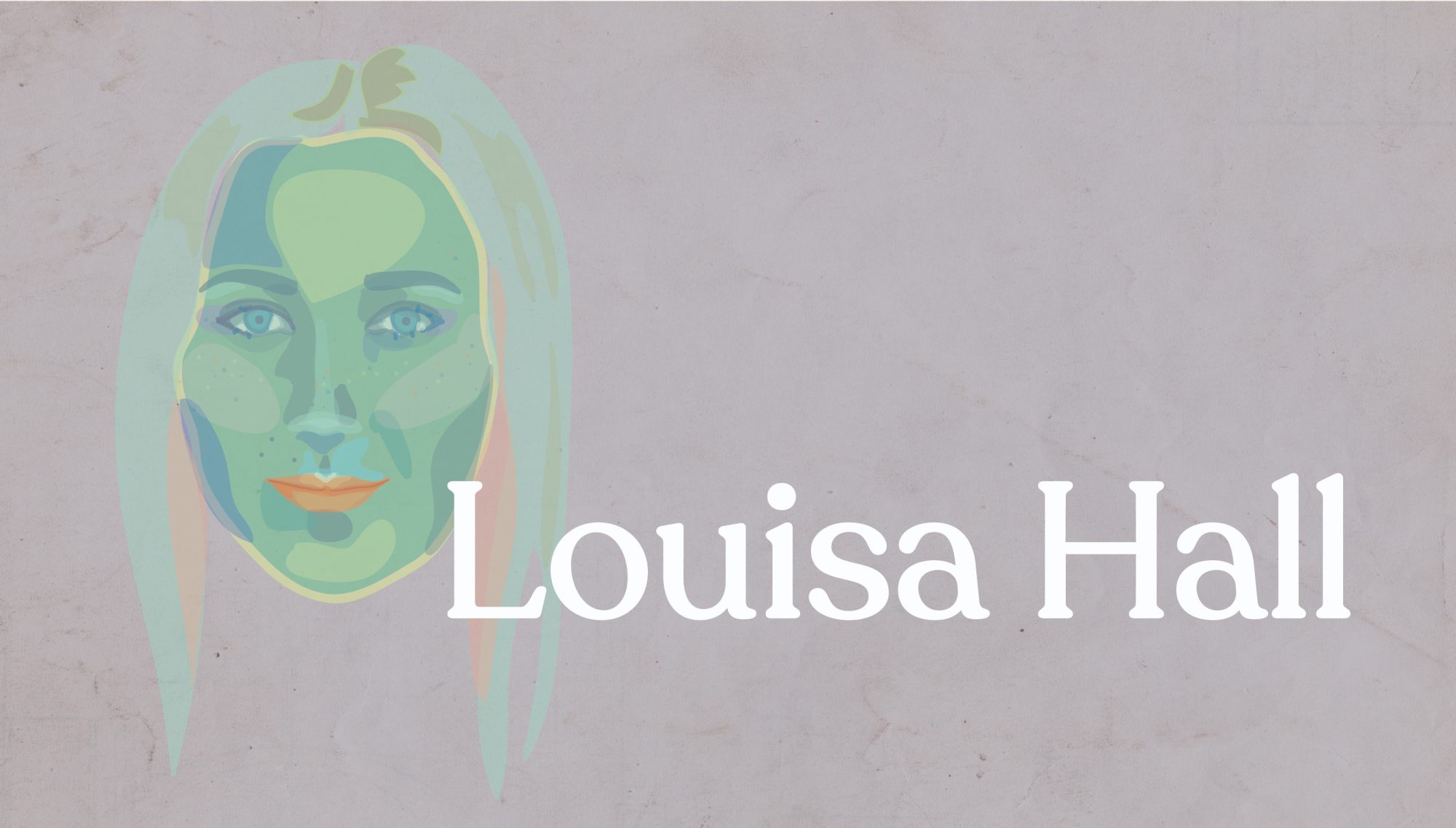Joseph Conrad in his preface to ‘The Nigger of Narcissus’ (1897) explores the role of the artist, the practice, and the definition of art. Conrad suggests that reflection should be the muse of high art, as he glorifies the importance to “….compel men entranced by the sight of distant goals to glance for a moment at the surrounding vision of form and colour, of sunshine and shadows; to make them pause for a look , for a sigh, for a smile…”. While it is a noble aim for any artist to hold the mirror back to society through their work, I believe Conrads’ ideology was heavily influenced by the contextual landscape and is as much a social commentary as it is a foundation of artistic practice. As industrialisation revolutionised the western world, modernist movements were characterised by the deliberate departure from traditional modes of thought, and the re-examination of every aspect of existence. In his preface, Joseph Conrad reflects the social progression of the time as he suggests the artist must remove themselves from the anxieties of societies endless forward momentum, or the distraction of the “distant goal” to truly appreciate the beauty of the present. In Maria Popova’s essay on The Value of Art (2011), she advocates Joseph Conrads concept, suggesting it is the role of art to contemplate and reflect, believing “This is the power of art: The power to transcend our own self-interest, our solipsistic zoom-lens on life, and relate to the world and each other with more integrity, more curiosity, more wholeheartedness.”

Food for Thought: A beautiful quote by Leo Tolstoy, in his essay “What Is Art?”:
Art is not, as the metaphysicians say, the manifestation of some mysterious idea of beauty or God; it is not, as the aesthetical physiologists say, a game in which man lets off his excess of stored-up energy; it is not the expression of man’s emotions by external signs; it is not the production of pleasing objects; and, above all, it is not pleasure; but it is a means of union among men, joining them together in the same feelings, and indispensable for the life and progress toward well-being of individuals and of humanity

Amazing response on Conrad Louisa! I really liked how you interpreted Conrad’s preface to ‘The Nigger of Narcissus’, as i had understood it the same way you have. However, i believe you could have made some of your sentences shorter in what you were saying. Ultimately though, i could not fault anything else. Amazing work!
Kind Regards,
Ronny
LikeLike
Hi Louisa
This is a really thought-provoking and informed blog post, and I really enjoyed your interpretation on some of the more abstract ideas of the 20th Century. Your utilisation of that rich textual reference immediately draws my attention to the main focus of your response and truly captures what Conrad believes the writer’s or artist’s task is in the world – to appeal much more deeply to our emotions, our feelings, and our experience as a human being in the world. I really like your inclusion of the 20th Century’s contextual ideas that allows me to recognise and agree that this Preface is somewhat of a “social commentary” on the way civilisation was consumed by the materialistic quest for power, and their excessive belief in rationalism and science. As you suggest, it was and still is the artist that is often an antidote to some of these destructive forces, but perhaps when you state “the artist must remove themselves from the anxieties of the world… to truly appreciate the beauty of the present,” maybe it isn’t just the “artist” that needs to appreciate the present. Maybe the artist’s task is to really invent a new way of seeing the world, and to help the everyday “goal oriented” human being escape those anxieties and just pause for a breath. Truly summing up the transformative power of all art, music and literature and its ability to bring us closer to the truth of life, is your powerful last quote. I love the depth to your research, thank you for taking the time to do this. Perhaps in some future blogs you could reflect more informally on how you really feel about the power of literature, music or art, and the artist’s impact on your everyday life. Great work 🙂
LikeLike
Great thought from Tolstoy! Fits very well with our theme.
MG
*Please attend to editing your work carefully. Here is what I have picked up:
*Conrads’ ideology= Conrad’s ideology
* societies endless forward momentum,= society’s endless forward momentum,[‘s or s’ – Apostrophe- if there is a meaning of ownership ( the boy’s apple/ the boys’ apples) then you need an apostrophe. See http://owl.english.purdue.edu/owl/resource/621/01/. But don’t use apostrophe s for normal plurals!!!]
* Joseph Conrads concept= Joseph Conrad’s concept
LikeLike